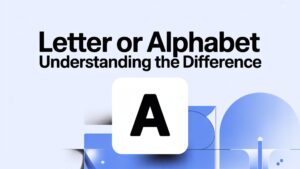Coach vs Couch: Definitions, Differences, and Examples
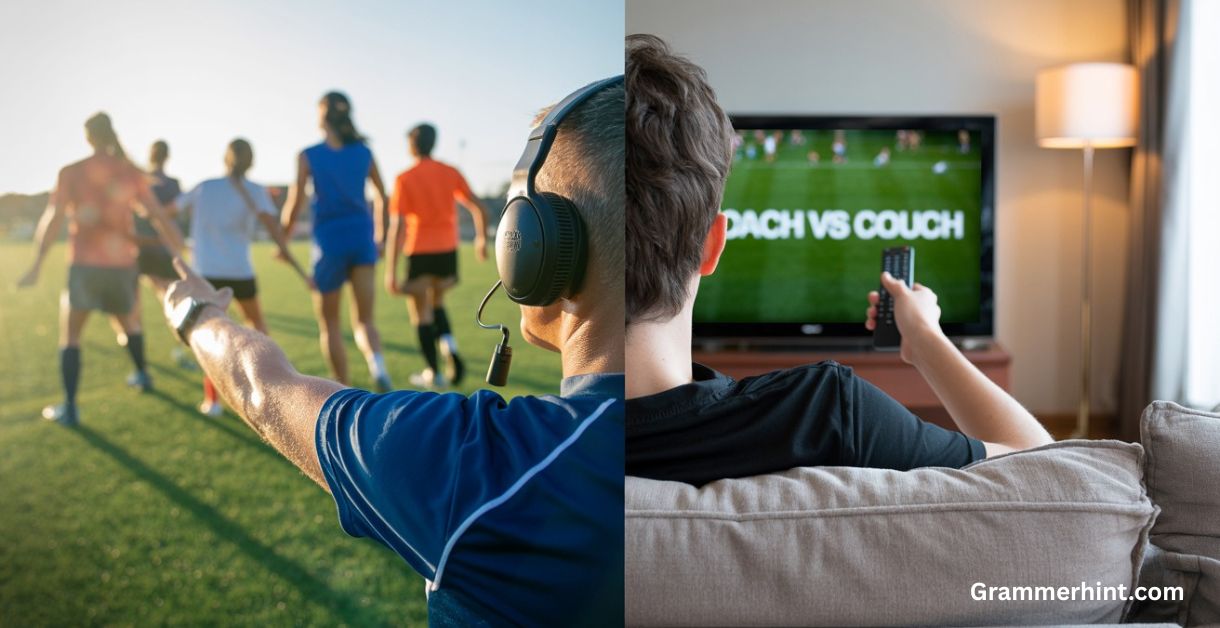
The English language is full of commonly confused words, and two of the most puzzling are “coach” and “couch.” Despite ...
Read more
What’s the Plural of Iris? Explanation with Examples
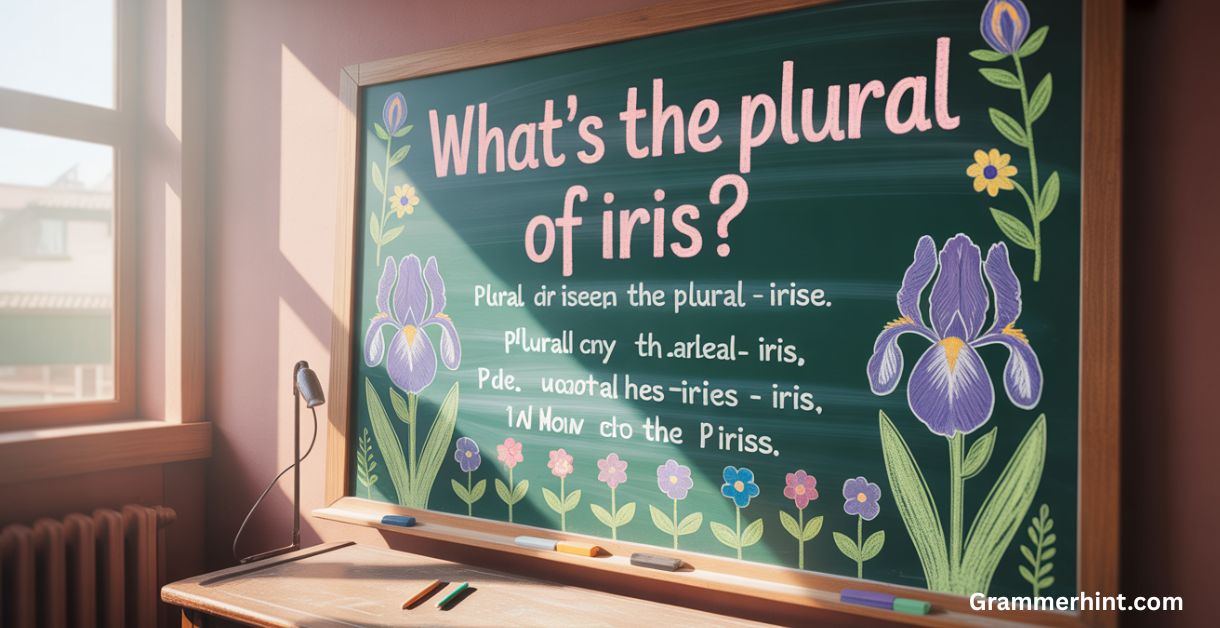
When it comes to the plural of iris, many people get tripped up. The confusion grows because “iris” has meanings ...
Read more
What’s the Past Tense of Fall Down? Explained with Examples
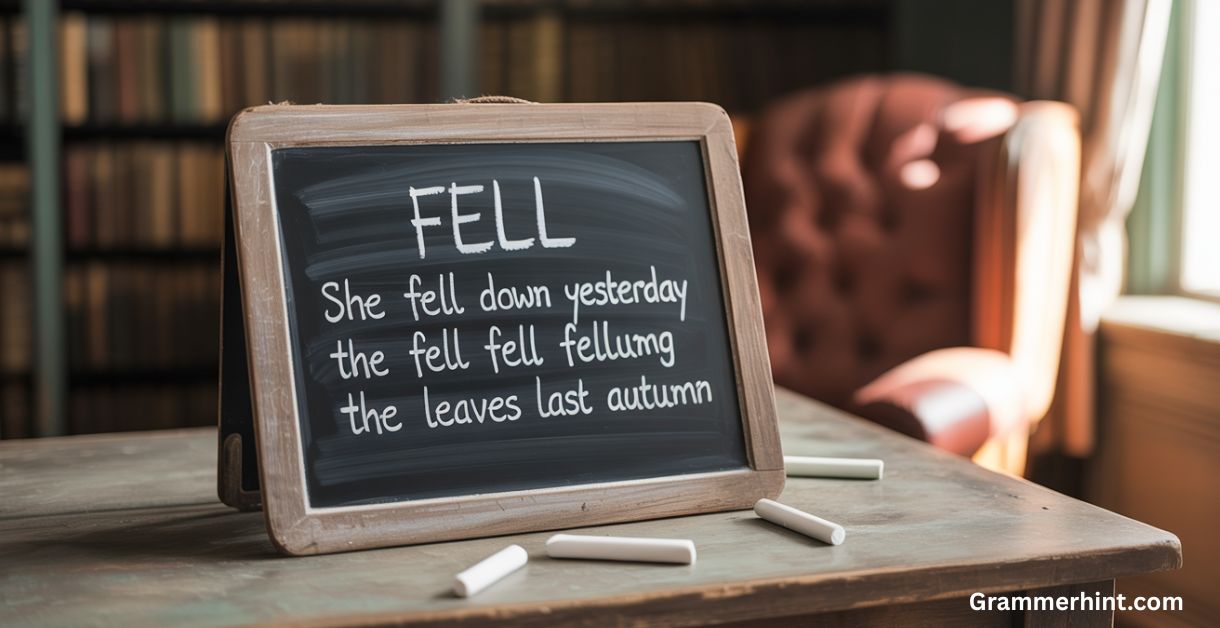
What’s the Past Tense of “Fall Down”? Many learners ask: what’s the past tense of fall down? The answer is ...
Read more
Antithesis vs Juxtaposition: What’s the Difference?

When you dig into literary techniques, you’ll often encounter antithesis and juxtaposition. At first glance, they seem similar because both ...
Read more
Rouse vs Arouse: What’s the Difference and How to Use Them

Have you ever wondered why people say “roused up” or “arouse interest” and what exactly separates Rouse (verb) from Arouse ...
Read more
Paradox vs Paradigm: What’s the Difference?

In writing, thinking, or speaking, it’s easy to toss around terms like “paradox” and “paradigm” without truly understanding what they ...
Read more
Feal vs Feel: Which One Should You Use?

The English language is full of confusing homophones words that sound the same but carry completely different meanings. One particularly ...
Read more
Vicious vs Viscous: Use Them Correctly in Writing

Why is There Confusion? English is full of similar sounding words that look alike, sound alike, but mean wildly different ...
Read more
Re-sign or Resign? Learn When and How to Use Each Correctly

Words can be tricky. Sometimes, a single hyphen changes everything. One small dash can completely alter meaning, tone, and intent. ...
Read more
What is the past tense of swing? Is it swing, swang or swung?
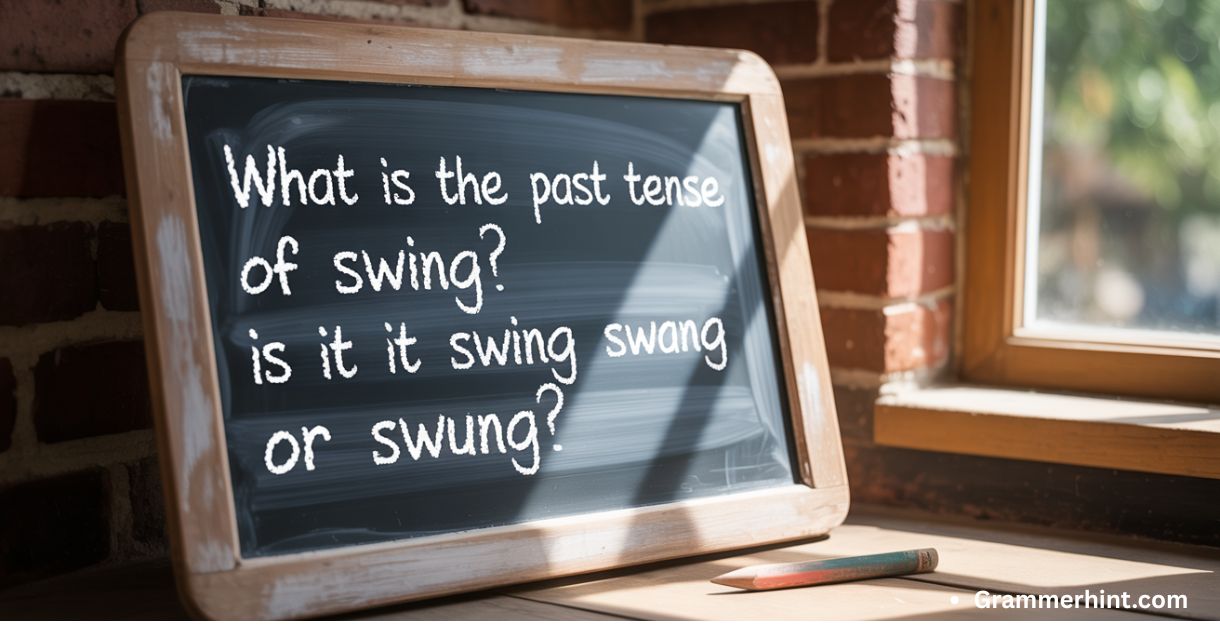
When someone says, “He swing across the monkey bars yesterday,” something sounds off, right? That’s because the past tense of ...
Read more

